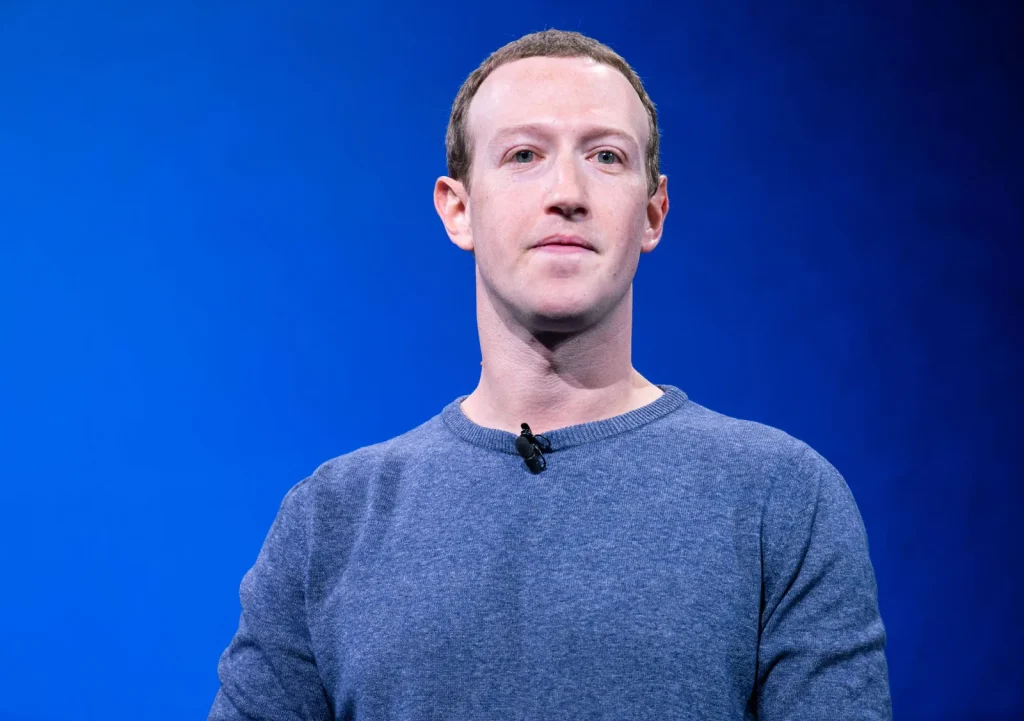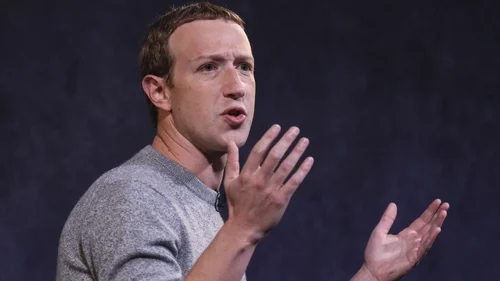In a surprising revelation, Mark Zuckerberg, the CEO of Meta, acknowledged in the Zuckerberg letter that his company faced pressure from the Biden-Harris administration to censor certain content on Facebook, particularly related to COVID-19.
This admission came through the Zuckerberg letter addressed to Jim Jordan, the House Judiciary Committee Chairman, shedding light on the extent to which government influence might have affected online speech during the pandemic.
The Zuckerberg letter has raised significant concerns about the balance between government intervention and the right to free expression on social media platforms. This revelation from Zuckerberg followed a year after Meta provided thousands of documents to the House Judiciary Committee.
The committee had been investigating content moderation practices on social media platforms, aiming to understand how these platforms handle misinformation, public discourse, and external pressures. In addition to sharing documents, Meta made a dozen employees available for transcribed interviews, demonstrating its willingness to cooperate with the committee’s inquiry.
Meta’s Position on Government Influence
In the Zuckerberg letter, Zuckerberg tried to clarify Meta’s stance on government interactions. He noted, “There’s a lot of talk right now around how the U.S. government interacts with companies like Meta, and I want to be clear about our position.”
He emphasized that Meta’s primary objective is to promote free speech while ensuring that its platforms remain safe and secure for users. The Zuckerberg letter explained that Meta often hears from various governments, including the U.S., about their concerns regarding public discourse and safety. However, he highlighted that it is ultimately up to Meta to decide how to respond to these concerns.
Details of the Pressure from the Biden Administration
Zuckerberg disclosed in the Zuckerberg letter that in 2021, senior officials from the Biden administration exerted considerable pressure on Facebook to censor specific types of COVID-19 content. This included not only posts that could be seen as misinformation but also content involving humor and satire about the pandemic.

The pressure campaign lasted for several months, reflecting the administration’s intent to control narratives around COVID-19. Despite this pressure, Zuckerberg stated that the decision to remove or leave content on the platform rested with Facebook, asserting that Meta “owns” its decisions.
The Zuckerberg letter admitted that the pressure from the government was a mistake and expressed regret that Meta was not more vocal in opposing these demands. He acknowledged the challenges of balancing the role of a private company with external pressures from government bodies while trying to maintain free and open communication.
Implications for Free Speech and Social Media Platforms
The Zuckerberg letter has sparked a debate on the role of government in influencing content on private platforms like Facebook. Critics argue that government involvement in content moderation can lead to censorship, which undermines free speech principles.
Others believe that some level of oversight is necessary to combat misinformation, especially during a public health crisis like the COVID-19 pandemic. This tension highlights the difficulties social media companies face when trying to moderate content while respecting free speech rights.
Meta’s Cooperation and Commitment to Transparency
Throughout this ongoing investigation, the Zuckerberg letter demonstrates Meta’s commitment to transparency by cooperating with the House Judiciary Committee. By providing access to documents and employees, the company has shown its willingness to engage in discussions about its content moderation practices. The Zuckerberg letter reinforces Meta’s dedication to promoting open dialogue, even when faced with challenging situations involving government pressures.
The Future of Content Moderation
The acknowledgment by Zuckerberg in the Zuckerberg letter underscores the complexities of managing content on global platforms that cater to billions of users. As Meta and other social media companies continue to navigate these challenges, the conversation about the balance between free speech, misinformation, and government intervention will remain crucial.
This case may serve as a catalyst for further discussions about establishing clear guidelines and standards for content moderation, ensuring that social media platforms can operate without undue external influence.
The Zuckerberg letter brings to light the intricate relationship between social media companies and government bodies. It underscores the need for transparency and accountability in how content is managed and moderated on platforms that play a pivotal role in shaping public opinion. The ongoing dialogue between Meta, the government, and the public will be essential in ensuring that online spaces remain free, open, and safe for everyone.





